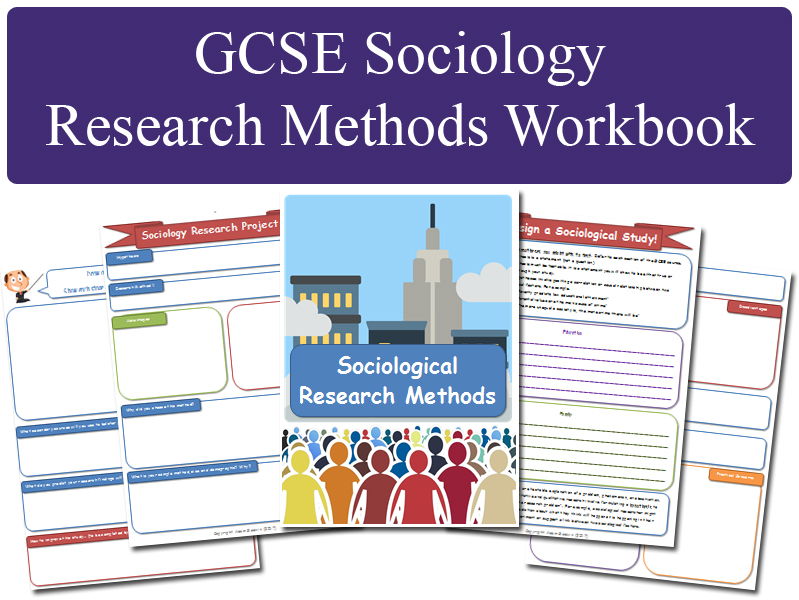Religion, Philosophy, Sociology & Ethics Resource Base
Resources for Religious Studies, Sociology, Philosophy, Ethics and Humanities. We specialise in making whole units and courses for ultimate convenience and time-saving. We always aim to make the best resource for a given topic: our goal is perfection and our resources have helped educate 1 million+ students! In order to encourage ratings and reviews, if you buy any of our products, are happy with your purchase, and leave a 5* rating for it: just email us and we'll send you a free bonus gift!










![Christmas Quiz (For Any Subject / Tutor) [Quiz, Christmas]](https://d1e4pidl3fu268.cloudfront.net/3a27c63a-9a2f-4110-b4fd-1b9c15d5f54a/QuizCoverGenericCoverChristmasQuiz.crop_960x719_0,0.preview.jpg)

![GCSE Citizenship - Revision Debate Generator! [Citizenship, GCSE, KS4, Revision]](https://d1e4pidl3fu268.cloudfront.net/079c1434-c7e6-4a6a-83b2-2d801fb0be4d/GCSECitizenshipRevisionDebateGenerator.crop_959x720_0,0.preview.jpg)

![KS3 Islam - Complete Unit [9 Lessons]](https://d1e4pidl3fu268.cloudfront.net/f0cc5c53-ba7d-43fd-8c58-d4f5fcc9fe33/Islam.jpg)

](https://d1e4pidl3fu268.cloudfront.net/4e59c58c-57ab-4885-acba-3df1b8594bc1/Lesson20.jpg)
![GCSE Christianity - Ethical Debate Generator [Christian Morality, Revision, RE, RS, Exam Practice]](https://d1e4pidl3fu268.cloudfront.net/3136b2e5-cb63-4c11-a1c4-dee6a3e116c6/ChristianityCover.jpg)



